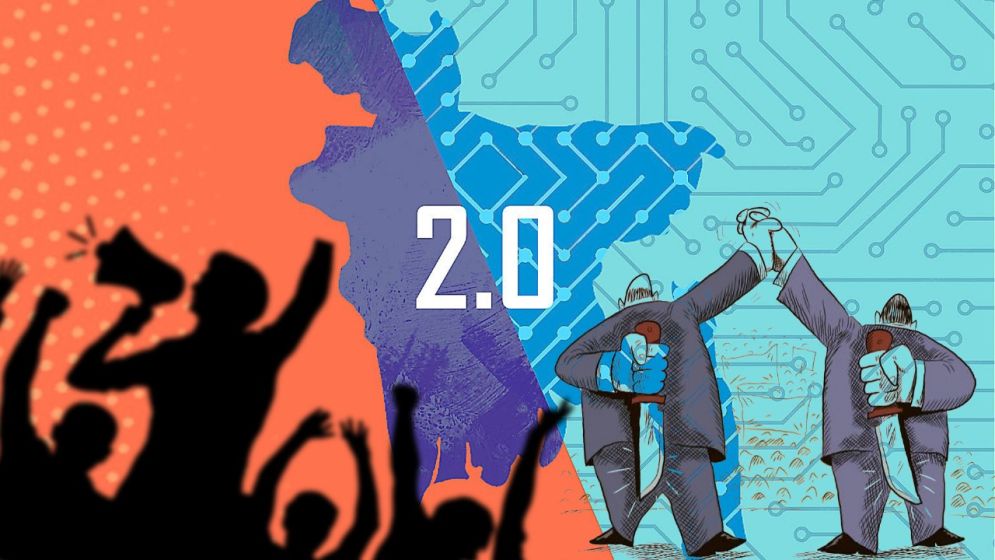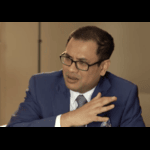Bangladesh doesn’t need more politicians. It needs fewer

In a country like Bangladesh, the last thing we need is a bigger government.
Yet the political class keeps floating proposals to expand the legislature or the bureaucracy, usually in the name of “inclusion” or “empowerment.”
Let’s call this what it really is: a veiled push to increase the number of unaccountable people in power–MPs, bureaucrats, party loyalists–who siphon public money without delivering public value.
This is more institutionalized looting than actual governance.
Every new seat in Parliament, every new ministry or regulatory agency, comes with a taxpayer-funded price tag–and not just in salaries or benefits.
The real cost is systemic: a ballooning tax burden on ordinary citizens, more bureaucratic hurdles for entrepreneurs, and a worsening of corruption, cronyism, and extortion, all wrapped in the cynical language of democracy.
These gatekeepers of public resources are essentially not building anything. They aren’t taking risks, innovating, or contributing to national productivity. Instead, they’re cashing in on connections–accumulating vast fortunes by being in the right chair at the right time instead through talent or labor.
And this is not wealth creation; it is wealth extraction. And it distorts everything.
The private sector–the real engine of prosperity–is left to compete against a class of political rent-seekers who play by none of the rules and bear none of the risks.
Meanwhile, corruption metastasizes. So does chandabaji (extortion), lootpaat (plunder), and dokholdaari (violent land grabs). Foreign reserves are drained through money laundering. The currency takes a hit. The people are left with fewer opportunities and a heavier burden to carry.
The solution? Shrink the political class–not expand it. Stop manufacturing jobs for bureaucrats and party operatives. Freeze, or better yet, reduce the size of the legislature. Ease the tax burden.
Let citizens breathe and build. Give them basic services without harassment, and step out of their way.
As for empowerment–let’s have an honest conversation. If political parties are serious about representing women, the third gender, or any marginalized group, they don’t need to create more seats.
They need to use the ones they already have. Nominate better candidates. Use your existing power to elevate the underrepresented. Don’t pass the bill to taxpayers under the guise of social justice.

An idea that should be nipped in the
bud
The idea that expanding the state will somehow empower the people is a cruel joke–one that’s been told too many times. The truth is, Bangladeshis don’t need more gatekeepers. They need fewer toll collectors and more freedom to thrive on their own terms.
The political class should lead by example, not by multiplication.
If governance is truly the goal–as political parties so often claim–then let them prove it without inflating the state. Want to empower people?
Start by extracting better performance from the bloated, underperforming bureaucracy we already have. Leverage technology. Digitize services. Break down redundant agencies. Restructure dysfunctional departments. Deliver more with less.
If you can’t fix it overnight, fine. But at least show a plan. Governance is not about hand-waving slogans; it’s about long-term thinking, strategic reform, and the discipline to implement change gradually but decisively.
Unfortunately, expecting that kind of seriousness in Bangladesh feels naïve–because both our political leadership and much of our civil society seem incapable of it.
The political class is either too short-sighted or financially illiterate to craft sustainable reforms, while civil society swings between wilful ignorance and vested self-interest. Years of systemic failure have taught them nothing.
They still put blind faith in politicians–or worse, live in fear of them.
If people really want to break this cycle, they can start with a simple exercise.
The next time someone–be it a politician, pundit, or policy wonk–unveils a grand new plan for “reform” or “empowerment,” ask one basic question: Where will the money come from? Then sit back and watch the rhetorical gymnastics.
Because historically, they’ve never known. The funding mechanisms are always vague, the economic impacts are conveniently ignored, and the costs are quietly dumped on the people.
Remember: you will pay–through higher taxes, weaker services, or inflation. And the promised benefits? They almost never arrive.
That’s not governance. It’s a con. And it’s time we called it what it is.
—
Nayel Rahman is a political analyst

